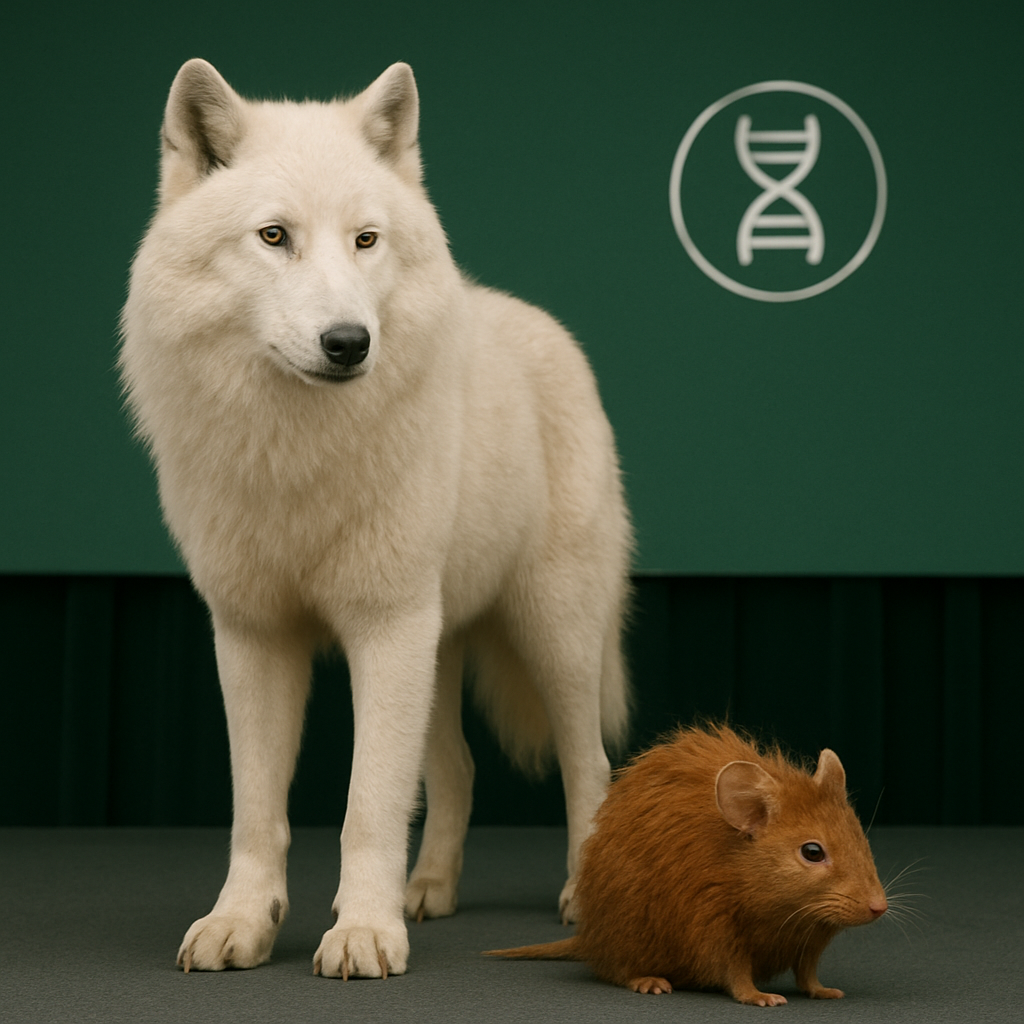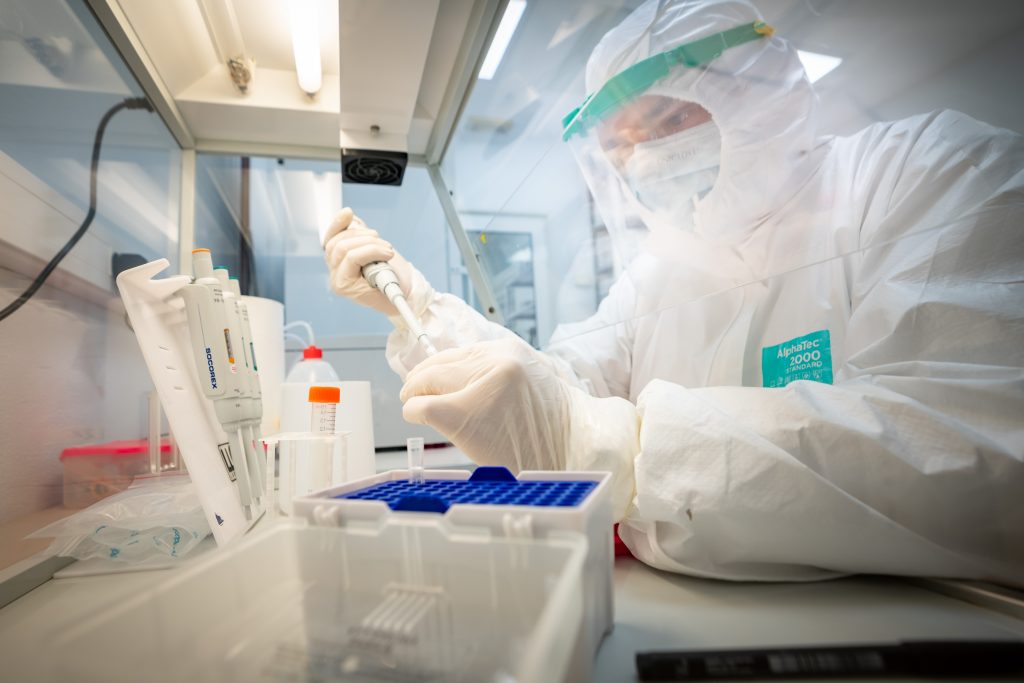(Zaragoza, Monday, 16 June 2025). Is it possible to bring extinct species back to life? And even more importantly: does it make sense to do so from an ecological and ethical perspective? This Wednesday, 18 June 2025, the Ibercaja Xplora Space will host the talk “De-extinction: Can —and Should— We Bring Back Extinct Species?” by Pere Bover, ARAID researcher and head of the Paleogenomics Laboratory at the University Institute for Environmental Sciences Research (IUCA) of the University of Zaragoza — one of the few laboratories of its kind currently active in Spain.
The talk will explore the latest scientific advances in the field of paleogenomics — the study of ancient DNA — and how this discipline has revolutionized our understanding of life’s history on Earth.
(Registration is required to attend. Sign up here).

Thanks to increasingly precise molecular techniques, scientists can now reconstruct the entire genome of long-extinct species such as the woolly mammoth, the Tasmanian tiger, or the dodo. Some companies are already actively working to bring them back. However, as Bover points out, “De-extinction is not just a technical issue, but also an ecological and ethical one,” raising fundamental questions: What are the current technical limitations? What impact would reintroducing these species have on existing ecosystems? And what ethical risks come with this kind of human intervention? “We must ask whether these efforts truly address an environmental need,” Bover warns.
Aragon is no stranger to the de-extinction debate.
In 2003, a study led by the Center for Agri-Food Technology of Aragon (CITA) — in collaboration with national and international institutions — marked the first recorded case of reviving an extinct animal through cloning: the bucardo(Capra pyrenaica pyrenaica). The newborn, the only one of seven successful pregnancies to reach full term, died just minutes after birth due to a respiratory system defect.
Pere Bover, PhD in Biological Sciences, has built a solid international research career in Spain, the United States, and Australia. He currently leads a pioneering line of research on vertebrate paleogenetics at the IUCA. His work combines morphological and genetic analysis of fossils to unravel the evolutionary history of animal species and populations that once inhabited the planet.
Thanks to his critical and expert perspective, attendees will explore not only the scientific feasibility of de-extinction but also reflect on its ecological relevance, ethical dilemmas, and the role of science in the face of private interests in this emerging field.
This final lecture concludes the second edition of the “Stories of the Earth” series, promoted by IUCA. Throughout the 2024/2025 academic year, the series has toured the three provinces of Aragon with monthly events focused on topics such as planetary health, paleoclimatology, environmental history, and science education — inviting the public to reflect on the past, present, and future of our environment.


